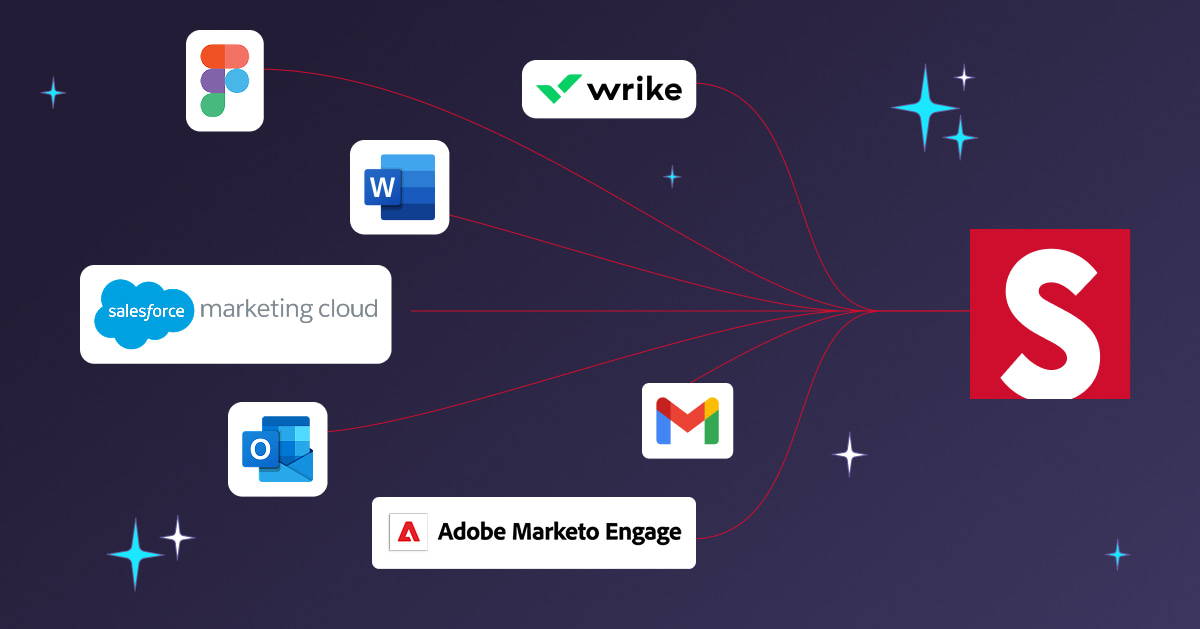As a marketer, you know email marketing works. Personalization makes it work harder. Email personalization is a proven performance booster regardless of industry or category. What’s more, you can realize the benefits of email personalization more quickly than you might imagine.
Higher opens, CTRs, and revenue
The impact of email personalization goes well beyond the usual email metrics, although they’re pretty impressive on their own. Personalized emails have 29% higher open rates and 41% higher click-through rates than those without personalization. Amazingly, personalized subject lines up open rates by 26%. It’s not just email performance. Email personalization has a significant impact downstream.
Personalization drives engagement, which drives up revenue by as much as 760%. What allows that to happen is being able to go from sending the same email message to everyone in your database to inserting something different in a single field. Do that, and you’ll see a 5‒10% lift in response rate. Use behavioral triggers, and a 20‒50% rise in your conversion rate is possible. Use predictive personalization and a 20% improvement in lifetime customer value isn’t out of the question.
Nine out of ten marketing executives at companies like yours say personalization significantly contributes to business profitability. This statistic suggests that personalizing emails will improve your ROI.
Being able to send a marketing message to a person that literally “speaks” to them has a profound effect. Research shows that 80% of consumers are more likely to purchase when brands offer personalized experiences.
Tiers of personalization
Unsurprisingly, personalization is a process. It involves making an email more relevant to an individual based on your data about them. It involves data like:
- Name
- Geographic location—countries, regions, cities, or postal codes
- Demographics—age, gender, occupation, and education level, among other things
- Cultural—what’s unique about the audience that may influence how you need to connect, relate, or communicate
- Psychographic—the habits, interests, and opinions of the audience
- Occasional—the one problem you solve, like a marketing creation platform cutting email creation time dramatically
Basic personalization
The most basic form of email personalization involves what appears in the “From” field. If it shows the name of a sales rep working with a prospect, the chance a subscriber will open the email improves if it reads ”Sales Department.”
The subject line follows right after the “From” line. Personalize this element of your email; the open rate will be a few percentage points above a non-personalized subject line.
To help with this form of email personalization, easy-to-use Gen-AI tools speed up the creation of subject lines and more.
Intermediate personalization
The next tier involves segmenting your database into audience groups with common characteristics. With this segmentation, you can create email content that relates to each audience segment. It needn’t be complicated, to be sure. Having the “Dear” intro include the person’s name is the simplest form of this tier of email personalization. How much goes beyond naming the recipient in the body of the email depends on the insight you have into that person, which reflects the depth and organization of your database.
Advanced personalization
This is the top tier of email personalization, where you can realize the biggest benefits. Stensul has found that well-done dynamic content in email marketing can raise conversion rates by 63%.
Dynamic Content Authoring (DCA) enables marketers to send personalized content to unique segments—all within one email. That means an email builder can create multiple blocks of written or designed content within a single email and assign each unique content block to a segment. Only relevant content blocks will be visible when a subscriber receives your dynamic email.
This advanced level of personalization ensures your brand delivers high-quality, engaging content to the right target audience without sacrificing time manually building out segmented emails.
Essentially, it draws on all you know about a subscriber—from name, location, and demographics to buying behaviors, preferences, and more. It lets you create true 1:1-type communications with a subscriber that will connect with them, prompt them to take action, and make them look forward to your next email.
However, for most email marketing teams, creating dynamic content is difficult and even harder to scale. It requires a technically knowledgeable and a skilled team able to write the code for the scripts that let you draw on subscriber data to turn it into content that appears in a highly personalized email. When things go wrong, they go really wrong, including wrong messages going to the wrong people.
Getting personalization right takes time. The many additional steps in your email creation workflow translate into a decrease in email output due to the technical requirements for each dynamic email.
There are better, simpler, and quicker ways to use DCA to your maximum advantage. These methods let you improve your subscribers’ experience and conversion rates, add highly customized messages and offerings without slowing your team’s productivity, and go well beyond inserting the subscriber’s first name at the top of an email.
They’re in the Stensul Marketing Creation Platform™, the only solution supporting technical specialists and non-technical email builders. Whether you want to implement DCA via no-code, intuitive presets or write a few lines of unique script from scratch, Stensul lets you personalize emails to best suit your organization’s needs and your team’s capabilities.To learn more about the Stensul approach to DCA, download the eBook The dynamics of Dynamic Content in email creation.




